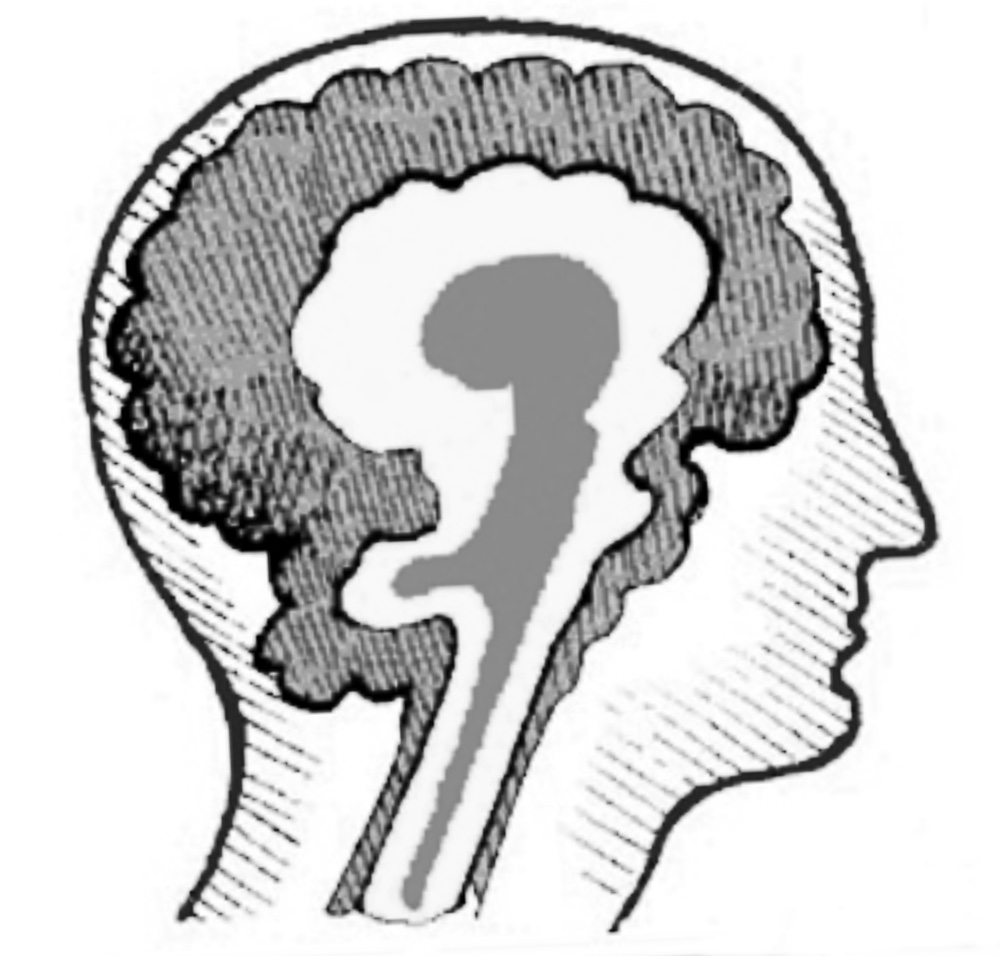By Martin Vogel

It’ll be ten years in October since Iain McGilchrist published The Master and His Emissary, his magisterial study of the division of the brain into left and right hemispheres and the impact of this division on Western civilisation. I began reading it in 2013 and have finished it in time for the tenth anniversary. Although McGilchrist writes well and lucidly, and although I devour books, I found this one a challenging read. I needed to take pauses from reading it to let its argument sink in. This isn’t just a reflection of my cognitive abilities. McGilchrist writes in ways that draw on both left- and right-hemisphere orientations. My struggle perhaps exemplifies his thesis that we have become inured to left-dominant ways of comprehending.
The outcome of 25 years’ polymathic scholarship, The Master and His Emissary cites 2,500 sources of neuroscience, provides a potted history of Western culture and philosophy from the Greeks to the present day, and displays refined critical appreciation of art, literature and music through the ages. Despite its challenging nature, it is widely cited in coaching and leadership circles, though often erroneously by those who take it to be a confirmation of pop psychology constructs of the left and right “brains” as having different functions: left for language, right for creativity, etc. Continue reading “Leading from the right: understanding the divided brain”


